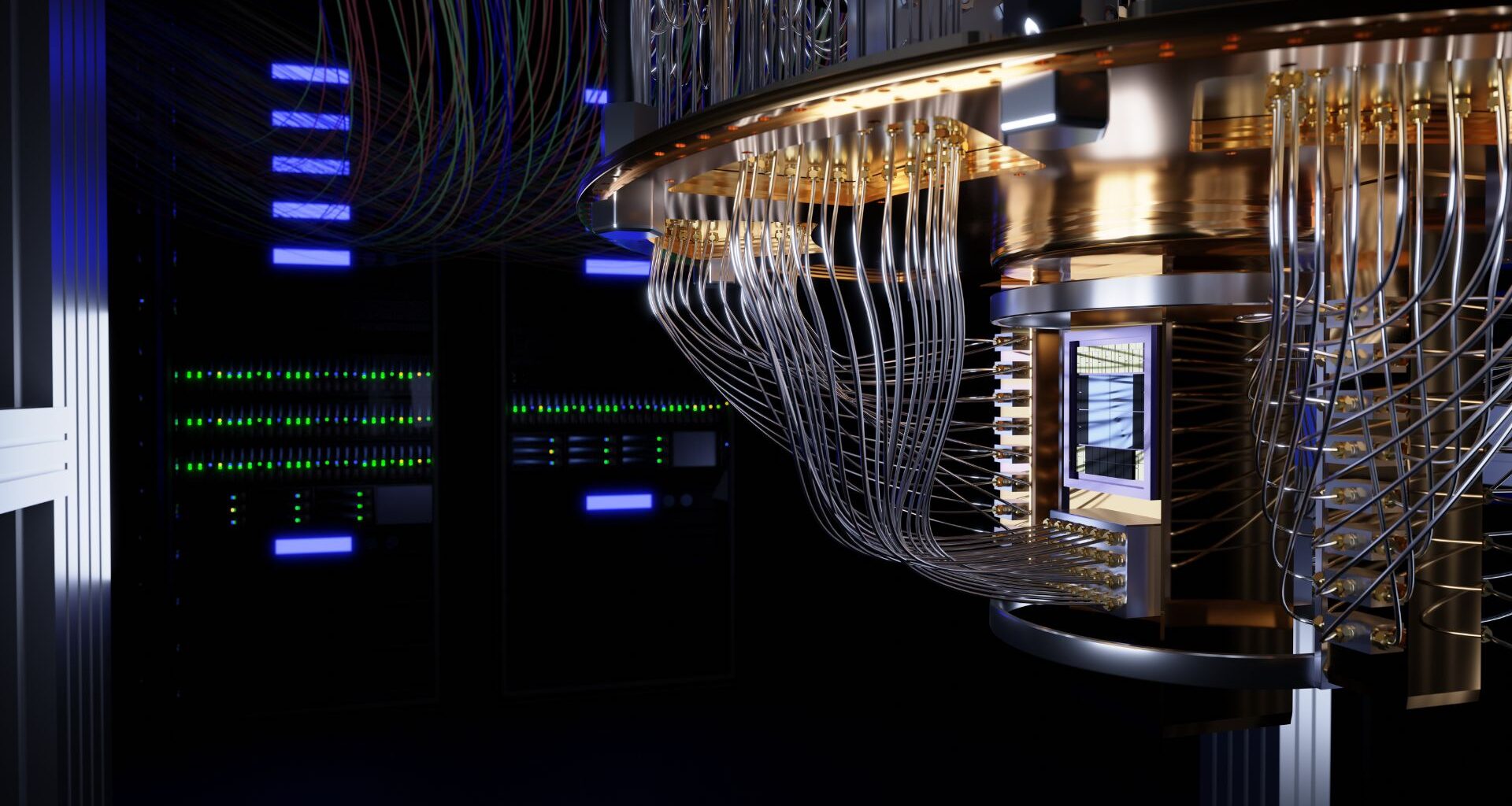Quantum researchers have created a new algorithm that can reduce noise in qubits while they are working, and it does this in real time. The method works for many different types of qubits, even when there are a lot of them.
Noise is a big problem in quantum computers. Qubits, the tiny building blocks of quantum processors, are extremely sensitive – small changes in their surroundings can cause errors.
Now, researchers from the Niels Bohr Institute, MIT, NTNU, and Leiden University have developed a way to control this noise more effectively.
Decoherence in quantum states
In quantum devices, noise disturbs the coherent state you aim to store, manipulate, or read. Such unwanted disturbances are referred to as decoherence.
Quantum devices can have extremely high precision and sensitivity, much higher than classical physics.
Quantum devices have many capabilities: highly increased precision in medical appliances, resulting in better diagnostics, quantum simulations of molecules or drugs, enhanced security in information technologies, and vastly improved computing speed.
Mitigating the challenge
Noise can come from tiny electrical or magnetic changes in the material around qubits.
There are a few ways to deal with it: improve the material, redesign the qubits to be less sensitive, or, as researchers have been doing for the past 10-15 years, develop methods to cancel out the noise and improve performance.
“You can measure the actual noise, and once we know the noise, we can correct the control-path to mitigate the decoherence,” said Dr. Fabrizio Berritta.
Researchers have introduced a new way to handle this challenge.
One of the toughest parts of cancelling noise is that it needs to be done almost instantly. Imagine your quantum device is sending readings to your computer.
When the data reaches your screen, the noise shifts, making your correction too late. In other words, you’re always one step behind.
Frequency Binary Search
A research team led by Fabrizio has created a new method called Frequency Binary Search.
They tested it using a Quantum Machines controller with a built-in Field Programmable Gate Array (FPGA). This controller can directly control and read the qubits while collecting experiment data.
Importantly, it can estimate the qubit’s frequency immediately, without sending data back to a desktop computer, which would be too slow.
The algorithm records these changes in real time during the experiment because the environment around a qubit causes its frequency shift.
Observing perspectives
“Today, in quantum processing units in general, we calibrate these qubits by taking many measurements: thousands or even tens of thousands of measurements,” said Fabrizio.
“With the frequency binary search, you can calibrate across all the qubits simultaneously with exponential precision with the number of measurements (in practice, less than 10). With the number of qubits going up, we should be able to find good use of our method,” he added.
By tackling noise in real time, the new method brings quantum computers one step closer to reliable, large-scale use.

